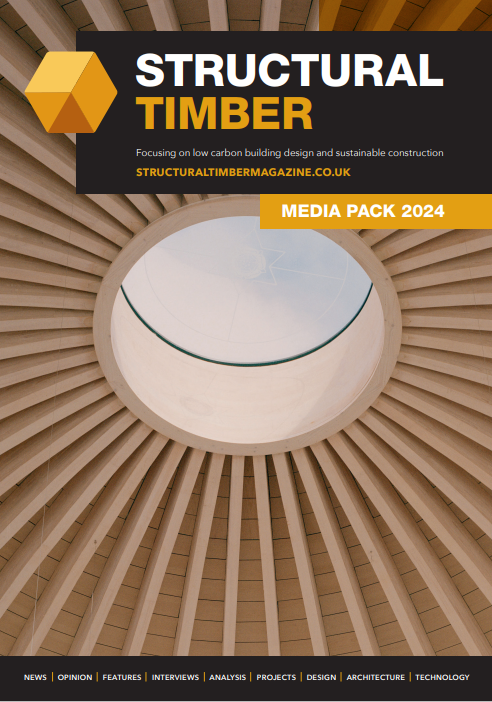Be Prepared For EUDR
With the new European Union Deforestation Regulation (EUDR) soon to be replacing the European Union Timber Regulation (EUTR), research from iov42 has revealed that timber importers across the UK, Belgium, Austria, France and Italy are worryingly unprepared for the upcoming changes in regulation.
The EUDR, which will cover timber, soy, coffee, cocoa, beef, palm oil and some derived products, sets mandatory due diligence obligations for both operators and larger traders further down the supply chain.
The Food and Agriculture Organization of the United Nations (FAO) has estimated that 420 million hectares of forest were lost to deforestation between 1990 and 2020. It is very likely that EUDR will now set mandatory due diligence obligations for importers that place commodities on the EU market for the first time. The requirement to prove due diligence all the way back to the source will require a step change from the industry globally.
The research revealed that 74% of those surveyed admitted to not being fully prepared for the incoming regulation, likely because the regulation is yet to be formally agreed. However, when looking at specific regions, worryingly 12% of Belgian importers were completely unaware of the incoming regulations, while 51% of those in the UK said they were only somewhat prepared.
However, 72% of those surveyed revealed they were in fact keen to get ahead of the regulation, with 43% claiming they felt positive about full traceability solutions. What's holding them back though is their misplaced fears and lack of understanding of how traceability solutions, such as Distributed Ledger Technology, (or more commonly referred to just as Blockchain), can provide due diligence.
Of those surveyed, 46% did not fully understand the regulations and how they will affect them, while 56% felt that using traceability technology like blockchain could give away trade secrets. Interestingly, 48% also noted more traceability may expose gaps or problems within the supply chain, highlighting why regulation is needed.
David Coleman, Chief Product Officer at iov42 said: "We are at a critical time in the timber industry. With sweeping new regulations on the horizon, it's essential that those in the sector ready themselves. Our research shows a degree of openness among importers in Europe to get ahead of these regulations, but there remains hesitation and a lack of understanding of how traceability solutions can support them. Distributed Ledger Technology (DLT), is perfectly placed to help businesses increase the traceability of their timber in the face of the upcoming regulation changes, as well as build bonds of trust across the entire timber ecosystem."
iov42's research also found that an average of 83% of respondents spent half or more of their time tracking down information for customers, meaning far less time spent on revenue driving activity. At present, it's not uncommon for companies to store evidence of due diligence in one place. This means documents are tied to single employees, meaning they're not easily accessible to the wider business, customers and enforcement, and can even be lost if that person leaves the company. However, law enforcement can request to see evidence from timber transactions carried out years ago, leading to difficulties in locating documents.
If businesses are found not to be conducting their due diligence, not only can this lead to reputational damage, but more serious cases of non-compliance can lead to fines, arrests and, in the worst cases,
custodial sentences. The report can be read at: http://bit.ly/3FL6E8T
Read the full article, go to Structural Timber Magazine









